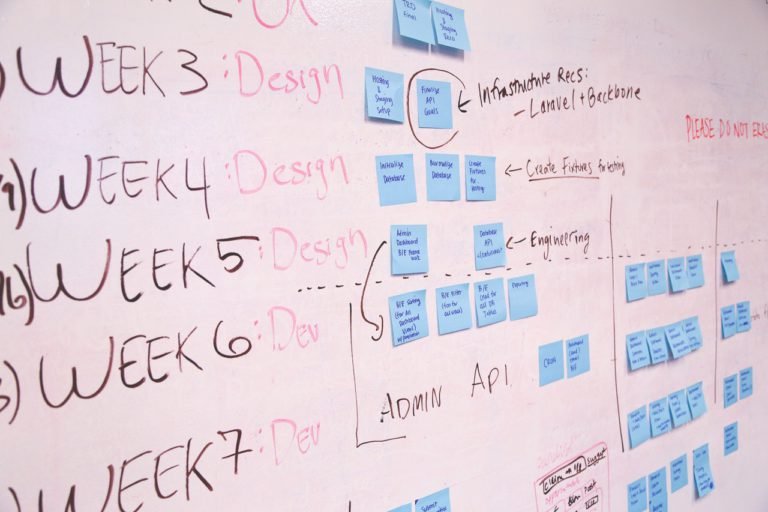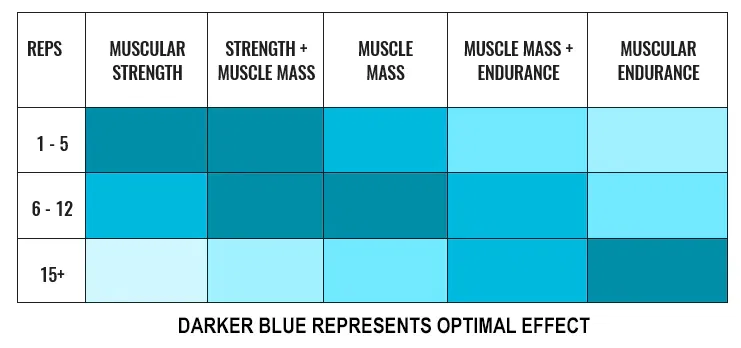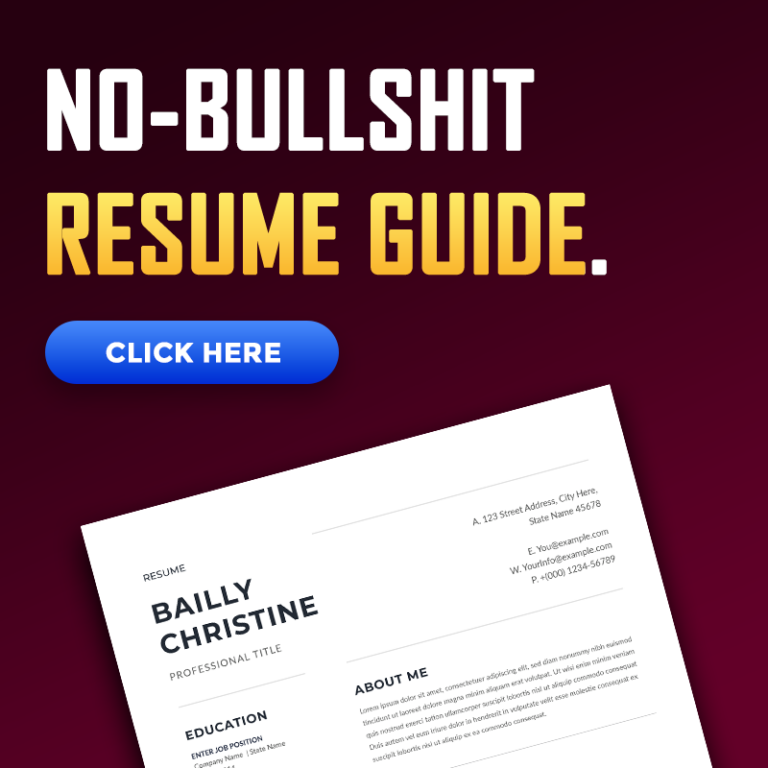You can also listen to this article:
Many of you are studying at university. Here are some tips to help you get more studying done in less time while improving comprehension and retention.
1) Keep Your Phone Away
The primary thing you need to do is to ensure that you have no distractions – this means no phone or TV in the background – switch them off.
The more you divide your attention, the more the time you’ll need to sit there, and the less you’ll have studied. Your retention will likely be low as well, making the whole thing very inefficient.
If you’ve ever seen students who are constantly studying but keep failing their exams – it’s usually because of two reasons: 1) Low IQ, where what they’re studying is “out of their league” and 2) They’re ultra-distracted and usually addicted to short sitcoms or video games or social media.
2) Make Notes
Make quick notes for essential points you want to remember. Jot down important formulas on a separate sheet. Get those sticky notes so you can put your notes right on the textbook.
A good amount of sticky notes makes the book feel mentally familiar, and you’ll find it much easier to recall and remember information. You’ll thank yourself when the exams come.
3) Know Your Priorities
Not all subjects are created equal. While they may have equal weights in relevance to your degree (and you should strive to maintain a high GPA), not all of those subjects have equal real-life application.
If a subject teaches you vital information or a skill – it’s useful. If it’s a subject on “morals” – be it environment studies, humanities, or diversity studies – it’s irrelevant. It’s there to satisfy some form of political demand or charge you more tuition, but it doesn’t have a real-use case.
If it’s a useful subject, strive for conceptual understanding and spend time on it. If it’s irrelevant – focus on the most efficient way to get a high grade without sinking in too much time into it (i.e., selectively skip topics and spend less time on assignments).
On assignments for bullshit subjects:
Often these subjects that have their grades split into 50% across many class assignments and 50% final exams, and often you’ll find that you are given some sort of bullshit assignment that accounts for something like 2% of the subject’s overall grade but will take a disproportionate amount of time to complete – half-ass those projects. Focus on making the final exam that accounts for half the grade.
4) Plan for Content, Not Time
Don’t plan something like “I will study for 2 hours today”. Instead, plan “I will complete X, Y, and Z topic today, which should take approximately 2 hours”.
When you plan for a specific amount of time, you often daydream and don’t get much done because you don’t have a particular target you want to meet.
When you tell yourself that a specific thing needs to be done and studied, your focus will be much better, because you know that you’ll only get up once your target for the day is complete.
5) Study Alone
If you want to actually get some study done, you need to do it alone and in silence. Even if you’re in some sort of library, you need to be mentally alone.
“Group study” is a huge myth – notice how literally everyone who gets together with their friends to study doesn’t have the grades to show for it. (They’re more like “group conversation sessions”, and naturally, are more common with women than men.)
The more people and moving objects around you, the more distracted you’ll be.
6) Work on Your Attention Span
You should be able to get “in the zone” for a few hours at a time and get a lot of studying done. Then you crash and relax, take a nap or go work out.
Basically, the longer you can maintain a “soft” focus, the better off you’ll be in literally any endeavor – in or outside the classroom.
7) Don’t Let Your Syllabus Pile Up
For theoretical subjects that require a ton of attention and to some extent cramming – don’t let it pile up. Try to complete your own read of the topic just slightly behind the professor.
The worst thing you can do is let a demanding but relevant subject pile up, so you have to panic and take shortcuts for your exam. Even if you clear the exam, you will still lose out on quite a bit of learning that you could have used for your future career.
Be planned and organized, and you won’t fall behind. No matter how intelligent you are, if you want to be proficient, you’ll have to put in the work.
8) Teach or Explain the Topic to a Friend
When you teach something, to a junior, or a friend, or even talking to a camera, you’re forced to turn disconnected thoughts and ideas into cohesive sentences.
As you teach, you’ll find that your own concepts become more precise because you’re no longer keeping anything abstract or implicit. Any place you get stuck or you’re forced to slow down… those are the places you need more understanding with.
If you don’t have someone to teach it to, then just use a webcam and record yourself speak on that topic. You’ll notice where your fluency stops, plus you also see your facial expressions, so you’ll know where you’re not confident enough with your own understanding.
Bonus: 9) Get Enough Sleep
If you’re a university student, I can virtually guarantee that you’re not sleeping enough.
Be it playing video games or hanging out with your friends or spending time on social media or on your instant messaging app – you’re probably sleeping less than 6 hours a day.
This is terrible for your attention span. No one on social media is so important that you need to talk with them at 1 am when you know you have to wake up at 7 for class. Just shut it off and go to bed.
Your eyes and mind will thank you.
Hope this helps!
Don’t forget to leave a comment if you want to add any of your own study tips!
New readers: If you’re interested in getting in control of where your life is heading and improving your mindset, discipline, and self-control, you should check out Live Intentionally: Discipline, Mindset, Direction – A 90 Day Self-Project.
– Harsh Strongman










![Traits Women Find Attractive Traits Women Find Attractive (And How to Score Yourself) [PART 1: Physical Aspects]](https://lifemathmoney.b-cdn.net/wp-content/uploads/2025/11/Traits-Women-Find-Attractive-1.jpg)








































































